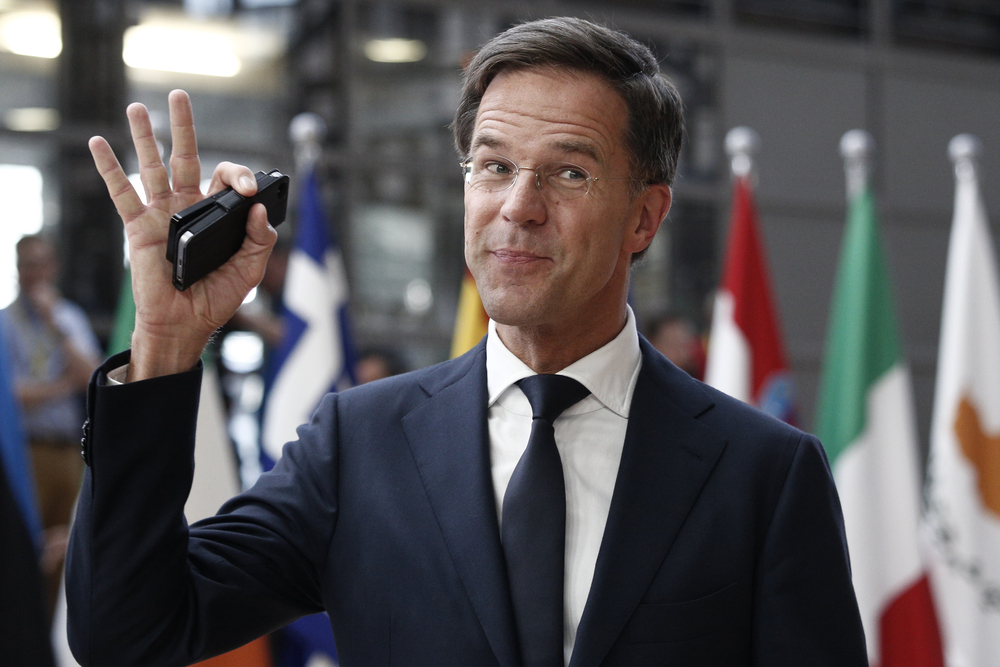Only three in ten Dutchies trust the government, according to a new study by Ipsos. That is worse than ever before.
Amid the festive Prinsjesdag, also nicknamed “the festival of democracy”, here in the Netherlands, Rutte and most other Dutch politicians suffer from a great lack of confidence from the public, writes the NOS.
A steady ride downhill for Rutte
The poor stats have worsened quite a bit compared to a year ago, when Dutch politicians had the trust of a baffling four in six in the electorate.
But that’s not all: Prime Minister Rutte has seen a sharp downturn only since the elections in March — he’s a whole point lower on the rankings now, compared to this spring.
So who supports this questionable government, you may ask? Well, only people who voted VVD or D66 this year seem to cling to their belief in Rutte.
Not surprisingly, the opposition parties are a different story. Groen Links and Denk voters have a 71% lack of confidence in the current government, while the farmers’ party BoerBurgerBeweging come out on top with 96% distrust.
READ MORE | Dutch farmers block highways by setting fire to manure and hay bales
Honestly, we’re surprised as many as 4% of the farmers’ party supporters still trust the cabinet, given all the drama in the past year.
We’ve got issues
The recent Ipsos survey shows, quite unsurprisingly, that a majority of the electorate lists the energy crisis as the top reason behind their distrust in Dutch politicians.
It’s clear that the rising cost of living is the main concern for Dutch people at the moment, with one-third stating that they’ve had to change their spending patterns in the past year, and as many as 43% reporting that they just barely manage to make ends meet on a monthly basis. The latter is a sharp rise from last year’s 35%.
READ MORE | Dutch wage increases simply aren’t enough to battle loss of purchasing power
But it’s not just cash that’s on people’s minds — migration is also a key issue. A baffling 68% of the surveyed sample think the number of asylum seekers to the Netherlands should be limited.
This comes in combination with the finding that more and more Dutch people believe development work and issues like freedom of religion deserve less attention from Dutch politicians.
Do you have trust in Dutch politicians? Why/why not? Tell us in the comments below!




Let’s wait and see what the (average) Dutch opinion becomes when they themselve lack qualified and able care- and production employees to fulfill their needs, when they become climate refugees within 2 or 3 generations and what happens to the social fabric when religion isn’t free anymore.